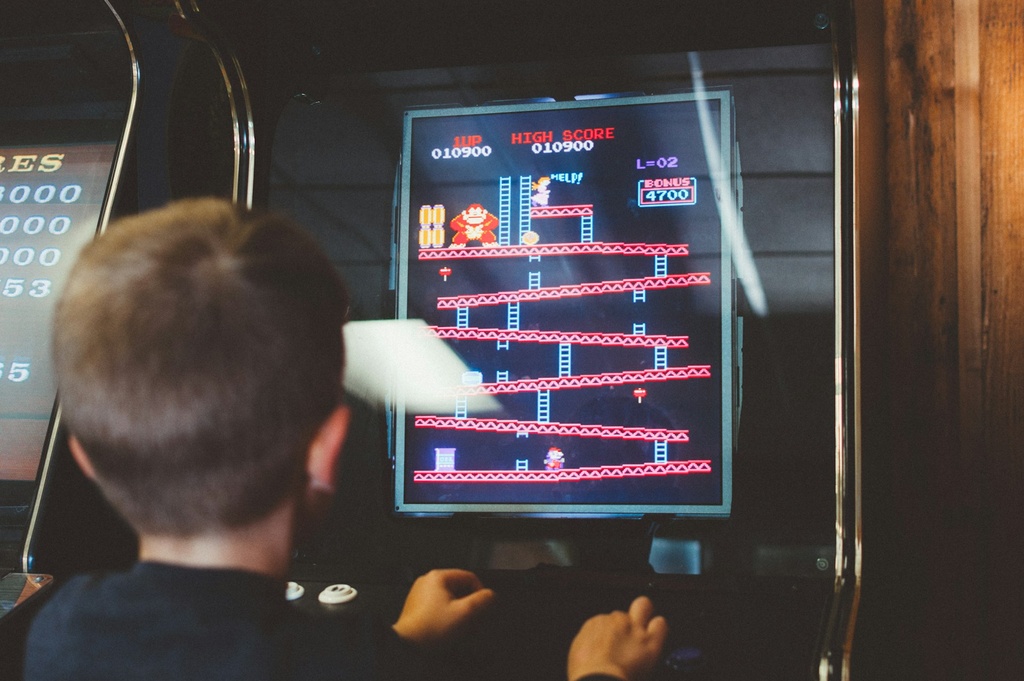Session 1: Introducing the Platformer Universe
This session dives into the basics of platformer game development. It covers setting up a Unity project, using sprites to create a game world, and implementing basic player movement and collision detection. By the end of this section, students will have a foundational platformer game with simple interactions and an understanding of essential C# programming concepts such as variables, methods, and data types.
Session 2: Enhancing Platformer Mechanics
Building on the foundation from the first session, this part enhances the platformer game with advanced mechanics and features. Students will design more complex levels using Tilemaps and introduce checkpoints and level transitions. This section focuses on polishing the game with animations, sound effects, and debugging techniques to ensure a smooth gameplay experience.
Session 3: Crafting an Interactive UI Experience
This session shifts focus to developing a complete UI-based game. It covers designing and implementing UI components such as buttons, panels, and text fields. By integrating interactive elements and game logic, students will create an engaging puzzle game.
Session 4: Beginning the Adventure
This session covers setting up the scene with player and environment sprites, implementing basic player movement, and creating simple item pickups and event triggers. It introduces the core mechanics of adventure games, focusing on player interactions and basic game logic.
Session 5: Deepening the Adventure Quest
This session expands the adventure game with advanced features and richer gameplay elements. It focuses on implementing combat systems, player abilities, and enemy AI to create a more engaging and challenging experience. Additionally, this section covers the integration of particle effects to enhance visual feedback and immersion, as well as advanced sound effects to improve the overall audio experience.
Session 6: Mastering the Adventure Game
In the final session, students will apply all the skills learned to complete and polish their adventure game. The focus will be on playtesting, debugging, and optimizing the game to ensure it runs smoothly. Students will also create and integrate game menus, such as main menus and pause menus, using UI elements from previous sections. The aim is to produce a fully developed and well-functioning adventure game.
Course Dates:
Session 1: October 4, 2024 5:00 pm - 7:00 pm EST
Session 2: October 11, 2024 5:00 pm - 7:00 pm EST
Session 3: October 18, 2024 5:00 pm - 7:00 pm EST
Session 4: October 25, 2024 5:00 pm - 7:00 pm EST
Session 5: November 1, 2024 5:00 pm - 7:00 pm EST
Session 6: November 8, 2024 5:00 pm - 7:00 pm EST
